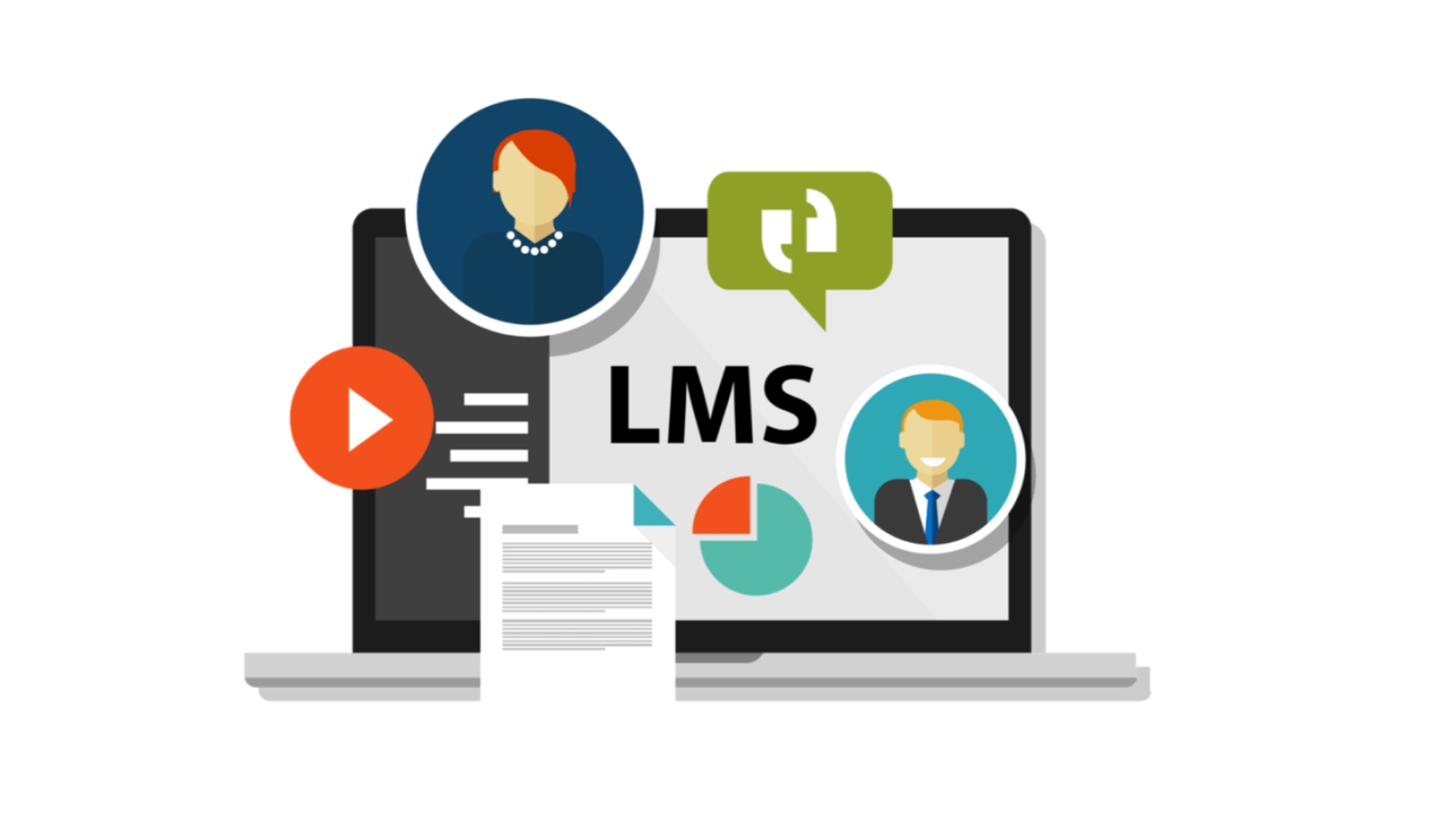Empowering employees is a crucial aspect of effective leadership, but it can be challenging to know where to start.
In today's fast-paced business world, employees want to feel valued, engaged, and motivated in their work.
This is where empowerment in the workplace comes in - giving employees the tools, resources, and autonomy they need to take ownership of their work and drive productivity.
In this 6-step guide, we'll explore the key strategies and best practices for empowerment in the workplace.
From setting clear expectations to providing ongoing feedback and support, this guide will equip you with the tools and knowledge you need to elevate your leadership skills and create a more engaged and productive workplace.
What Is Empowerment In The Workplace?
Empowerment in the workplace refers to the process of giving employees the tools, resources, and autonomy they need to take ownership of their work and make decisions that drive productivity and success.
This can involve delegating tasks, providing training and support, and creating a culture of trust and collaboration.
When employees feel empowered, they are more engaged and motivated in their work, which can lead to better outcomes for the organization as a whole.
Benefits Of Empowerment At Work
Empowerment at work can provide numerous benefits for both employees and organizations.
When employees are empowered, they are given the tools and autonomy they need to take ownership of their work and make decisions that drive productivity and success.
This, in turn, can lead to higher levels of engagement, motivation, and job satisfaction, which can have a positive impact on the organization as a whole.
Here are some of the benefits of empowerment at work that you should know about.
1. Increased Productivity
One of the main benefits of workplace empowerment is improved productivity.
Empowered employees are more likely to be engaged and motivated in their work, as they are given the freedom to make decisions and take ownership of their tasks.
This can lead to increased productivity and efficiency, as employees are better able to identify and address challenges in their work.
2. Enhanced Creativity
Empowerment can also enhance creativity and innovation within an organization.
When employees are given the freedom to take ownership of their work, they are more likely to come up with innovative ideas and solutions.
This can lead to new products, services, or processes that help to drive growth and competitiveness.
3. Better Decision-Making
Another benefit of work empowerment is better decision-making.
Empowerment helps to create a culture of trust and collaboration, which can lead to better decision-making at all levels of the organization. When employees are given the tools and support they need to make decisions, they are more likely to make informed and effective choices that benefit the organization as a whole.
4. Higher Job Satisfaction
Work empowerment can also lead to higher levels of job satisfaction and lower turnover rates.
Employees who feel empowered are more likely to be satisfied with their jobs, as they have more control over their work and can see the impact of their contributions.
This, in turn, can lead to lower turnover rates and a more stable workforce, which can benefit the organization in the long run.
6 Tips For Boosting Workplace Empowerment
Empowering employees is essential for driving productivity, innovation, and success in today's fast-paced business world.
Managers who are able to effectively empower their employees can build stronger teams, foster creativity, and drive better results.
Here are six tips for boosting workplace empowerment for managers.
1. Set Clear Expectations
One of the most important things managers can do to empower their employees is to set clear expectations.
This means communicating clearly about what is expected of each employee in their role and providing them with the tools and resources they need to meet those expectations.
By setting clear expectations, employees are better able to understand their responsibilities and take ownership of their work.
2. Provide training and development
Another way to empower employees is by providing ongoing training and development opportunities.
It can include on-the-job training, mentorship programs, and opportunities for career development.
By investing in their employee's growth and development, managers can help to build a more skilled and knowledgeable workforce, which can drive better results.
By utilizing Oreed's event management platform, managers can create customized training programs that cater to the specific needs of their employees.
The platform provides a wide range of tools and features that make it easy to create engaging and interactive training sessions, such as live polls, quizzes, and surveys.
3. Delegate Authority
Empowering employees also means giving them the authority they need to make decisions and take ownership of their work.
Managers should be willing to delegate tasks and responsibilities to their employees, while also providing support and guidance as needed.
By giving employees the autonomy they need to make decisions, managers can help to build their confidence and foster a sense of ownership in their work.
4. Foster Collaboration
Collaboration is becoming increasingly crucial in today's fast-paced and dynamic business world.
As the challenges facing businesses continue to evolve, organizations that work together to develop innovative solutions are more likely to succeed.
To encourage collaboration, managers must first create an environment that values teamwork and fosters open communication.
This means setting clear expectations for collaboration, providing opportunities for employees to interact and share ideas, and promoting a culture of inclusivity where all voices are heard and respected.
Collaborative teams are more likely to make informed decisions, identify and resolve problems quickly, and innovate more effectively than those working in silos.
In today's digital age, collaboration is increasingly important for organizations to succeed.
However, virtual collaboration can be challenging, especially when team members are located in different regions or countries. This is where Oreed's virtual event platform comes in.
With our unparalleled gamification features, you can enhance collaboration among team members and drive engagement in virtual sessions.
5. Recognize And Reward Success
Recognizing and rewarding employee success is one of the most effective ways to create empowerment in the workplace.
When employees feel valued and appreciated for their hard work, they are more likely to take ownership of their work and strive for even greater success in the future.
Managers can show appreciation in many ways, such as public recognition during meetings or through more tangible rewards such as bonuses or promotions.
Celebrating success creates a positive work environment, fosters healthy competition, and drives motivation to strive for better results.
6. Create A Culture Of Trust
Finally, managers should focus on creating a culture of trust and transparency to boost empowerment in the workplace.
This means fostering open and honest communication and creating an environment where employees feel comfortable sharing their ideas and concerns.
By creating a culture of trust, managers can help to build stronger teams and foster a sense of empowerment among employees.
Boost Employee Empowerment With Oreed
In today's dynamic work environment, empowering employees has become more crucial than ever.
A company's success depends on the ability of its employees to innovate, collaborate, and take ownership of their work.
At Oreed, we understand the importance of employee empowerment and have developed an employee training platform to help managers boost their team's morale, skills, and knowledge.
Get ready to revolutionize learning in your workplace with Oreed!
- Our all-in-one platform will take your employees' learning capabilities to the next level.
- With us, you'll gain a comprehensive view of your employees and their unique training requirements.
- We offer customized courses and training to meet the specific needs of your organization, ensuring that your team members are equipped with the knowledge and skills they need to excel.
- What's more, Oreed's impact assessment feature lets you measure the effectiveness of your training and courses, so you can see the results firsthand.
Say goodbye to generic training and hello to personalized, effective learning with Oreed!
So what are you waiting for? Promote lifelong learning through experiencing the most powerful all-in-one education intelligent platform that streamlines all your organization's learning, training, and development activities in one place.
Schedule a demo with us today to see how we can help you with empowering your employees and create a productive learning environment at work.
Final Thoughts
Empowering employees is an essential element of building a successful organization. As a manager, it's your responsibility to create an environment that promotes employee empowerment, collaboration, and innovation.
By following the 6-step guide for empowerment in the workplace, you can provide your team members with the tools, resources, and support they need to succeed.
By using tools like Oreed's virtual event management platform, you can take your efforts to the next level by providing engaging and interactive training and development sessions that cater to the unique needs of your team members.
In short, by empowering your employees, you're investing in your organization's success, driving innovation, and building a culture of excellence.
Frequently Asked Questions
1. What is the manager's role in employee empowerment?
The manager's role in employee empowerment is crucial. As a manager, you have the power to create a work environment that encourages your team members to take ownership of their work, develop their skills, and collaborate with each other.
To achieve this, you must first understand the unique strengths, goals, and challenges of each employee and provide them with the tools, resources, and support they need to succeed.
2. What are the main types of employee empowerment?
One of the main types is information empowerment, which involves providing employees with access to the information they need to make informed decisions and take ownership of their work.
Another type is task empowerment, which involves giving employees more autonomy and control over their work processes and responsibilities. This can help to increase motivation and job satisfaction, as well as encourage innovation and problem-solving.
Additionally, psychological empowerment involves building employees' sense of competence, autonomy, and impact, and social empowerment focuses on creating a sense of community and connection among team members.
By using a combination of these types of empowerment, managers can create a workplace culture that values and supports its employees, driving innovation, and success for the entire organization.
3. What are the levels of empowerment?
The four levels of empowerment are known as delegated power, responsible power, participative power, and self-empowerment.
At the delegated power level, managers delegate specific tasks and responsibilities to employees, providing them with clear guidelines and accountability for their work.
At the responsible power level, employees have more autonomy and decision-making power but still operate within the framework set by the manager.
At the participative power level, employees have a more active role in decision-making and collaborate with other team members to create solutions and drive innovation.
Finally, at the self-empowerment level, employees have the most autonomy and control over their work processes and are trusted to make independent decisions that align with the organization's goals and values.





